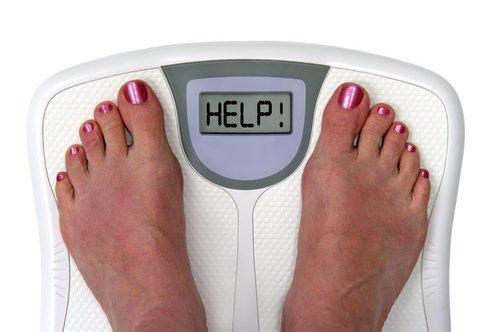Scores of weight-loss diets have been in the limelight over the years. But relatively few have been carefully studied. They include very low-fat diets such as the Ornish and Pritikin diets; low-carbohydrate diets, such as Atkins and South Beach; and the Mediterranean diet, which has the added bonus of conferring a number of potential health benefits.

What do the data say about the effectiveness of diets and how can you use that information to choose a weight loss approach that will work for you?
The diet studies
The reality is that when it comes to shedding pounds, the key is cutting calories — and it doesn’t really matter whether those calories come mainly from steak, bread, or vegetables.
Experts advise people to keep the percentage of their calories from major nutrients within the recommended federal guidelines:
• Protein: 10% to 35%
• Carbohydrate: 45% to 65%
• Fat: 20% to 35%
Note that diets that are less than 45% carbohydrate or more than 35% protein are hard to follow, and they’re no more effective than other diets. In addition to possibly increasing the risk of heart disease, diets with very low carbohydrate levels may have a negative effect on mood, according to several studies.
The take-home lesson is that it is okay to experiment on yourself. If you give a diet your best shot and it doesn’t work, maybe it wasn’t the right one for you, your metabolism, or your situation. Don’t get too discouraged or beat yourself up because a diet that “worked for everybody” didn’t pay off for you. Try another.
Low-fat: Doesn’t taste great … and is less filling
Once the main strategy for losing weight, low-fat diets were shoved aside by the low-carb frenzy. But healthy fats can actually promote weight loss, and some fats are good for the heart; eliminating them from the diet can cause problems.
Since fat contains 9 calories per gram while carbohydrates contain 4, you can theoretically double your food intake without taking in more calories by cutting back on fatty foods and eating more that are full of carbohydrates, especially water-rich fruits and vegetables. Still, such a diet tends to be less filling and flavorful than other diets, which lessens its long-term appeal.
Low-carbohydrate: Quick weight loss but long-term safety questions
The low-carb eating strategy is based on the biological fact that eating carbohydrates raises blood sugar  levels, which triggers an outpouring of insulin from the pancreas. The theory goes a step further, claiming that high insulin levels produce hunger, so people who eat carbohydrates take in more calories and gain weight.
levels, which triggers an outpouring of insulin from the pancreas. The theory goes a step further, claiming that high insulin levels produce hunger, so people who eat carbohydrates take in more calories and gain weight.
Low-carbohydrate diets tend to cause dehydration. To make up for the lack of carbohydrates in the diet, the body mobilizes its own carbohydrate stores from liver and muscle tissue. In the process, the body also mobilizes water, meaning that the pounds shed are water weight. The result is rapid weight loss, but after a few months, weight loss tends to slow and reverse, just as happens with other diets.
Mediterranean-style: Healthy fats and carbs with a big side of fruits and vegetables
 Mediterranean-style diets emphasize good fats and “good” carbs.
Mediterranean-style diets emphasize good fats and “good” carbs.
Saturated fat, trans fat, and cholesterol are the bad guys. Good fats are monounsaturated (found in olive oil, for example) and polyunsaturated (found in such foods as fish, canola oil, and walnuts). Mediterranean diets tend to have a moderate amount of fat, but much of it comes from healthful monounsaturated fats and unsaturated omega-3 fats. It is high in carbohydrates, but most of the carbs come from unrefined, fiber-rich foods. It is also high in fruits and vegetables, nuts, seeds, and fish, with only modest amounts of meat and cheese.
